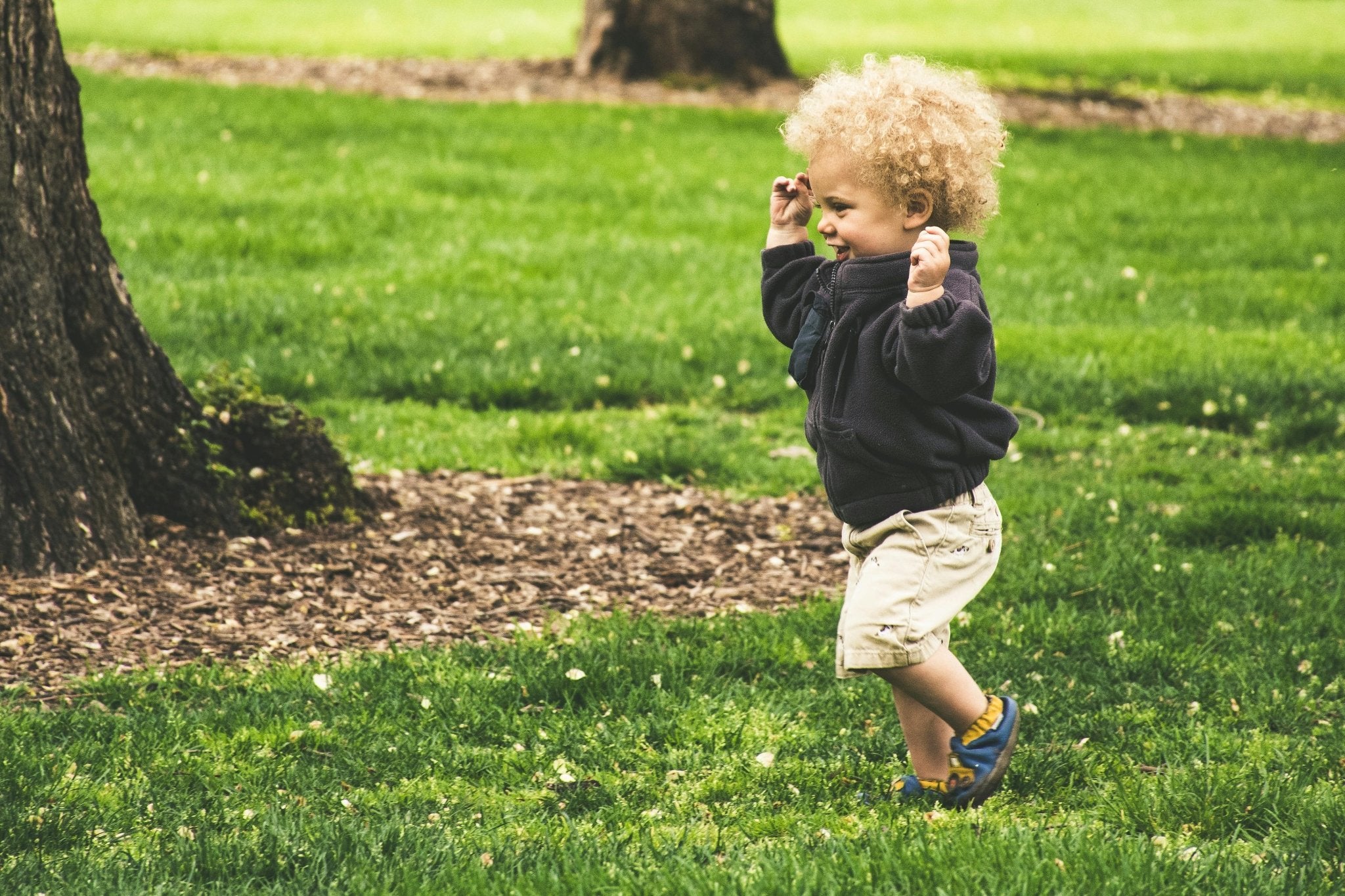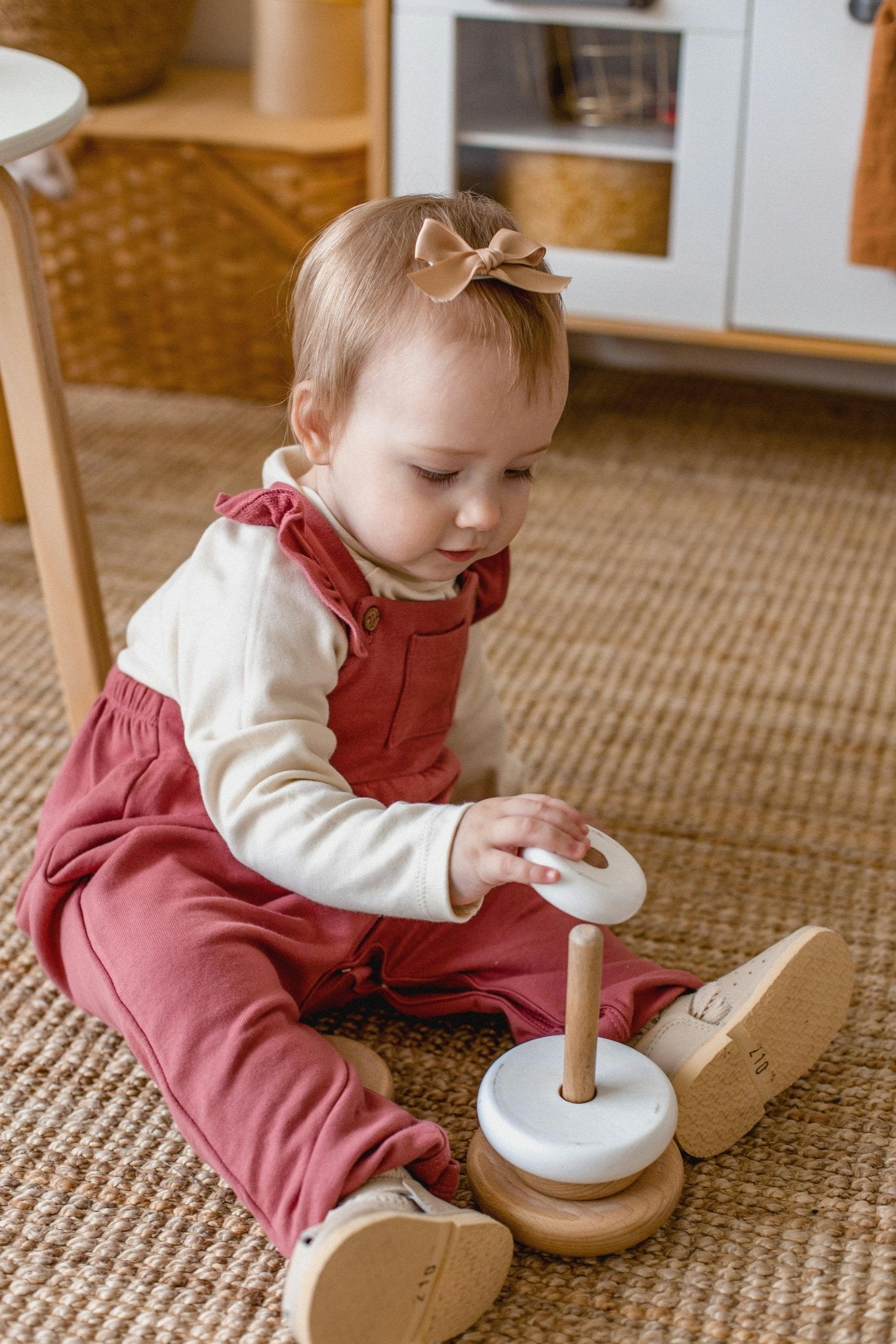
How to Stimulate Language in the Early Years: Effective Tips and Games
Introduction
Language is one of the most fascinating skills that a child develops in the first years of life. Every parent is excited when they hear their little one's first words, but it is normal to wonder if language development is happening in the right way and how to stimulate it effectively. Language acquisition does not occur uniformly for all children: some speak very early, while others need more time to express themselves verbally. However, there are proven strategies that can help promote richer and more structured communication from an early age. This process, which involves listening, understanding and using words, is influenced by various factors, including interaction with adults, the family environment and daily experiences.
Language is not only a means of communication, but it is also fundamental for the emotional, social and cognitive development of the child. Correct exposure to words and conversations allows the child to understand the world around him, to express needs and desires and to interact with others in an increasingly complex way. Furthermore, language has a significant impact on self-esteem and the ability to socialize, determining the way in which a child builds his relationships and interacts with the outside world.
In this article, we will explore in detail the stages of language development and analyze strategies and games that can help children improve their communication skills in a natural and engaging way. We will also delve into the role of parents and educators in accompanying the child on this path, highlighting the importance of an environment rich in verbal and visual stimuli. Furthermore, we will discuss the importance of reading, interaction and specific play activities that can facilitate language development in the littlest ones.
The stages of language development
Every child follows his or her own rhythm in language development, but there are some common stages that allow us to identify a general path. Understanding these stages helps parents to stimulate their little ones' communication skills in the right way without excessive anxiety or misplaced expectations. Language is a skill that is built progressively and requires time, patience and constant interaction.
0-6 months: the first approach to sounds
From the very first days of life, newborns begin to emit sounds that represent their initial form of communication. Cries, warbling and various vocalizations serve not only to attract the attention of adults, but also to exercise the vocal cords. At this stage it is essential for parents to talk a lot with the child, because their voice represents a constant and reassuring sound reference point. In addition, the child begins to distinguish the tones of the voice and to react with smiles or movements. The adult's response, even simply through eye contact and a smile, reinforces communication and helps the child to understand that sounds have a meaning.
Exposing your baby to different tones of voice, singing nursery rhymes, and maintaining constant interaction even during routine daily moments, such as bathing or changing diapers, are effective ways to stimulate the first contact with language. Babies learn through listening and imitation, so adult language has a decisive impact on their future abilities. Skin-to-skin contact and the way parents respond to the baby's first sounds also influence the speed and quality of language development.
6-12 months: first words and understanding
During this period, the child begins to repeat sounds and experiment with combinations of syllables, such as "ma-ma" and "da-da", which will gradually evolve into meaningful words. Understanding words always precedes the ability to pronounce them, so the child may already react to simple commands such as "hello" or "come here". Communication is not yet structured, but imitation of adults plays a key role: the more parents speak clearly and interact with the child, the more he will tend to develop new linguistic skills. It is useful to emphasize key words and phrases and repeat them often, since repetition helps the child to consolidate new acquisitions.
At this age, it is helpful to introduce repetition games, such as clapping your hands while singing a song or showing pictures of familiar objects to help your child connect words to objects. In addition, speaking in an enthusiastic tone and varying intonation helps to keep your child's attention high. Reading picture books and describing pictures with enthusiasm can significantly contribute to expanding vocabulary. Interaction with other children can also help with language learning, as children tend to imitate each other.

Advanced strategies to stimulate language
After analyzing the initial stages of language development and the first strategies to encourage its growth, it is important to delve into advanced methods and more specific techniques that can be adopted by parents, educators and professionals in the sector.
The importance of shared reading
One of the most powerful tools for building a child’s vocabulary and communication skills is shared reading. Reading aloud not only exposes a child to new words and language structures, but also teaches them the rhythm and musicality of language. It is advisable to choose illustrated books with simple and repetitive texts for younger children, while for older children you can introduce more complex stories that stimulate their imagination and curiosity.
While reading, it is useful to adopt some strategies to maximize its effectiveness:
- Ask open-ended questions : Ask the child to describe the pictures, imagine what will happen next, or tell the story in his or her own words.
- Repeating key words : Repeating new words and using them repeatedly in different contexts helps the child memorize them.
- Use an expressive tone : Varying the intonation and voice for different characters helps the child to follow the story more attentively.
Expanding language through play
Play is an essential activity for language development. Through symbolic play, such as pretending to be in a store or hospital, the child learns to use language in social contexts and develop conversational skills. Some useful games to stimulate language include:
- Role Playing : Role-playing everyday situations allows children to learn new words and sentence structures.
- Guess the object : An adult describes an object without naming it and the child must guess what it is, exercising comprehension and association skills.
- Singing songs and nursery rhymes : Melodies and rhymes help memorize sounds and words more effectively.
Interaction with other children
Contact with peers is essential for language development. Playing with other children allows them to practice communication in a natural way, learning to negotiate speaking turns, express desires and tell experiences. Including the child in playgroups, sports activities or educational meetings can significantly improve their ability to express themselves.

The Role of Technology in Language Development
Although technology can be a valid ally, a conscious and balanced use is essential. Educational applications, audio books and educational videos can offer interesting ideas to enrich the child's vocabulary, but they must never replace direct interaction with adults and peers.
Some guidelines for proper use of technology include:
- Limit time in front of screens , favoring interactive rather than passive content.
- Use apps and games that encourage active participation , such as apps that ask your child to complete sentences or answer questions.
- Accompany the technological experience with dialogue , talking to the child about what he is watching or listening to.
The role of parents and educators
Parents and educators play a crucial role in language development. It is important to create a home environment where communication is constant and stimulating. Some helpful tips include:
- Be positive language models : Speak clearly, enrich your sentences, and always respond to your child's attempts to communicate.
- Encourage storytelling : Asking your child to tell you about his or her day or describe his or her experiences helps improve language organization.
- Avoid direct correction : If the child mispronounces a word, it is preferable to repeat it correctly instead of pointing out the error.
Conclusion
Stimulating language in the early years of life is a fascinating journey that requires perseverance, patience and active involvement from the adults of reference. Creating an environment rich in words, sounds and communicative experiences helps the child to best develop his or her linguistic abilities, laying the foundations for clear and effective communication.
With targeted strategies, appropriate games and a careful presence from parents and educators, each child can be accompanied in his or her language learning journey in a natural and enjoyable way. Finally, it is essential to remember that each child has his or her own developmental pace: the important thing is to offer the right opportunities to express themselves and interact with the world around them.




Comment
This site is protected by hCaptcha and the hCaptcha Privacy Policy and Terms of Service apply.